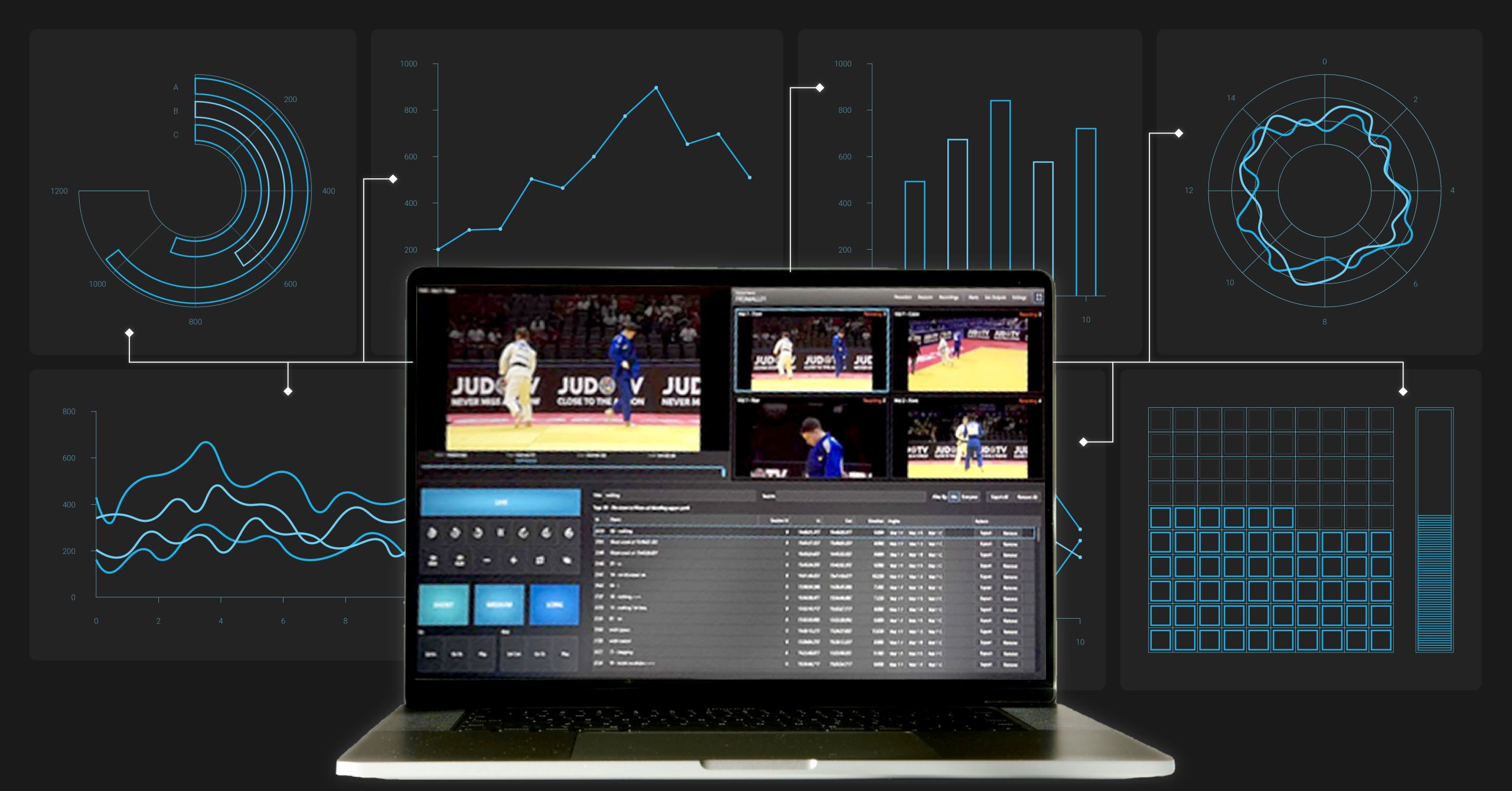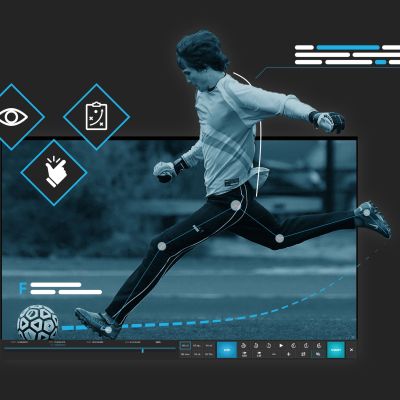
1. Immediate Feedback for On-the-Spot Adjustments
Example: A football coach can observe fatigue in certain players or weaknesses in defensive positioning and make immediate adjustments to improve performance without waiting for post-game analysis.
Real-time analysis allows coaches to monitor player performance and team dynamics during the game. They can spot trends, weaknesses, and opportunities that would have taken hours or even days to analyze before. With real-time data, coaches can make instant tactical changes, substituting players or altering formations to address on-field issues. This instant feedback loop provides an edge, allowing teams to pivot strategies on the fly.
2. Enhanced Decision-Making with Data-Driven Insights
Gone are the days when coaches had to rely solely on intuition or subjective judgment. With real-time performance data, they can back their decisions with solid numbers. Analytics on passing accuracy, player speed, or defensive coverage help make more informed decisions. For example, data can highlight which players are underperforming or excelling in specific aspects of the game, giving coaches valuable insight into who should stay on the field or be rotated out.
Example: In basketball, real-time stats on shooting percentages and shot selections can help coaches prioritize key players and exploit mismatches in real-time, increasing their chances of success.
3. Increased Player Engagement and Motivation
Players thrive on feedback, and the quicker they receive it, the better they can adapt and improve. Real-time performance analysis provides players with immediate insights into their performance, allowing them to make in-game adjustments. It also encourages healthy competition among teammates, as they can see who is outperforming and where improvements are needed.
Example: In tennis, real-time analytics can show a player’s serve percentage or return performance, enabling them to fine-tune their game during breaks rather than waiting until the match is over.
4. Injury Prevention and Player Load Management
Real-time data analysis is not only useful for performance but also for monitoring player health. By analyzing player load, sprint distances, and other physical metrics in real-time, coaches and medical staff can prevent overuse injuries and fatigue. This is critical for maintaining peak performance throughout the season while minimizing the risk of long-term injury.
Example: A soccer team can use real-time GPS data to track player movements and effort levels, allowing the coach to substitute players showing signs of fatigue before they become injured.
5. Improved Post-Match Analysis and Long-Term Strategy Development
While real-time data is invaluable during the game, it also plays a significant role in post-match analysis. Coaches can use in-game data to analyze what worked and what didn’t, fine-tuning strategies for future games. This kind of detailed analysis is essential for long-term player development and improving overall team performance.
Example: In rugby, coaches can analyze tackle success rates or passing sequences immediately after the game, identifying key areas to work on during future training sessions.
6. Greater Fan Engagement
Real-time performance analysis isn’t just useful for teams and coaches – it also enhances the fan experience. By incorporating real-time stats into broadcasts, fans can enjoy deeper insights into the game, creating a more engaging and immersive experience. This increased interaction can drive fan loyalty and broaden the sport’s appeal.
Example: During a live broadcast, commentators can share real-time stats like player speed, shot accuracy, or possession percentages, giving fans a more detailed understanding of the game’s flow.
Real-time performance analysis is revolutionizing sports by giving coaches and teams unprecedented access to live data that can impact decision-making, player performance, and overall game outcomes. Whether it’s making tactical adjustments, preventing injuries, or enhancing fan engagement, real-time data is an essential tool that no modern sports team can afford to ignore. As technology continues to evolve, so too will the capabilities of real-time analysis, making it even more integral to success on the field. FairReplay is at the forefront of this transformation, providing cutting-edge tools to harness the power of real-time performance data. If you want to give your team a competitive edge, explore our range of solutions designed to streamline video analysis and performance tracking.







